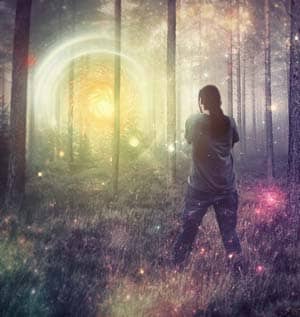Referral Service to
Private Treatment Centers in Canada
Psychedelics or hallucinogens are a class of psychoactive substances that causes changes in perception, mood, and cognitive processes.
These drugs affect all the senses and alter a person’s sense of time and emotions. A person begins to hallucinate and will start seeing or hearing things that are not there or experiencing a distorted sense of reality.
Get Immediate Help for Addiction
1 888-488-8434
Call our toll-free number

Many kinds of psychedelics exist; some occur naturally in vines, seeds, fungi, leaves, or trees. Other psychedelics are made in a laboratory. The drugs also come in many forms, such as tablets, blotter paper, dried mushrooms, powders, and crystalline powders.
Psychedelics have a long history of use throughout the world. Drugs like LSD, magic mushrooms, mescaline, and DMT are smoked, inhaled, or swallowed. Mescaline is often swallowed, and peyote is ground into a powder and smoked.
People who use these drugs do not often take them daily but may use them periodically with other drugs or alone.
Psychedelic addiction is not uncommon, and it is often part of a more significant drug problem. However, adequate drug rehabilitation is critical. Generally, this would include a combination of detox and outpatient or residential drug rehab.
Detoxification is vital because psychedelics cause lingering effects long after someone has stopped taking the drug. A well-rounded rehabilitation approach is the best option to manage addiction involving psychedelics.
There is no safe level of drug use when using psychedelics. Any amount could potentially cause a dangerous outcome.
The effects of these drugs impact everyone differently and are generally based on the following:
When these drugs are taken, the effects can last for several hours, yet this varies depending on the type of drug used. Common effects include the following:
Psychedelic drugs affect a person’s mental state, and these effects vary depending on the person’s current mental state and the environment they use the drug within.
Someone who has feelings of stress or anxiety before using a hallucinogen would likely have a bad trip. Suppose the person is using drugs in an unfamiliar environment, such as a crowded or noisy place or even a quiet setting could lead to a bad trip.
A bad trip occurs when the drug user begins to experience frightening or disturbing hallucinations. Unfortunately, this can lead to panic or even unpredictable behavior. A bad trip occurs when a large amount is taken, or it is a potent batch of the drug.
There are dangers when mixing psychedelics with other drugs like alcohol, prescription drugs, illegal drugs, or even over-the-counter medication.
For example, mixing hallucinogens with stimulants increases heart rate and place the body under severe stress. The use of benzodiazepines with these drugs increases anxiety and causes a rapid heartbeat.
Alcohol and hallucinogens are also a dangerous mix and can lead to increased anxiety and depression.
Finally, like other drugs, most psychedelics create a tolerance quite quickly, which means the person must take more of the drug to achieve the same effects.